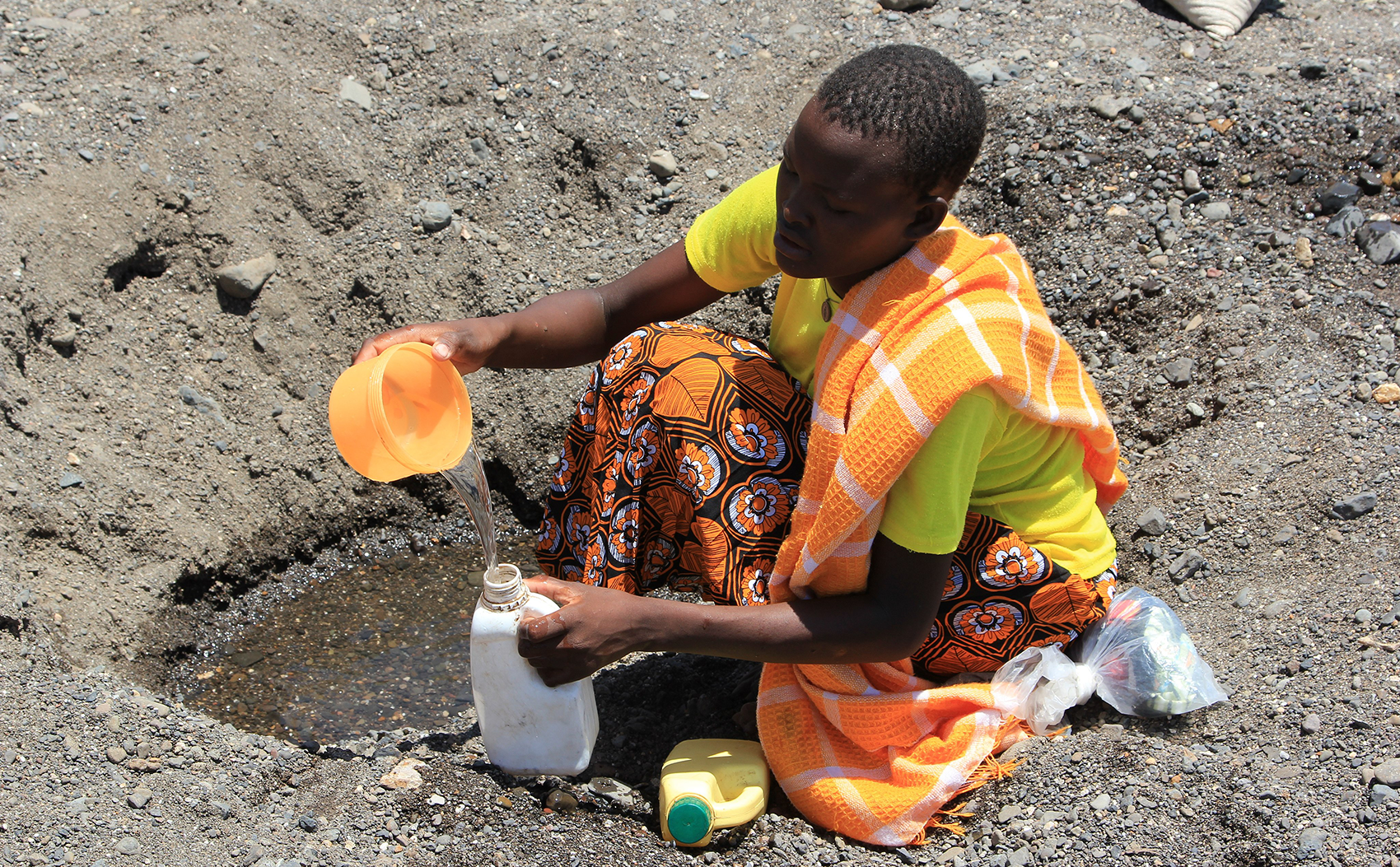New funding from the Foreign, Commonwealth & Development Office (FCDO) has been awarded to REACH, the global water security programme, which is co-directed by Official Fellow Katrina Charles and includes David Clifton among the team members. REACH was founded in 2015, and works to improve water security for 10 million people in Africa and Asia by delivering world-class science to transform policy and practice. The FCDO’s grant extends the programme to 2024 and increases its funding to £22.5 million.

The REACH programme’s work, which began in 2015, has already improved water security for more than two million people, working with UNICEF and in partnership with government, private sector and academia in Bangladesh, Ethiopia and Kenya. REACH’s work on inequalities is of the highest priority to support the UK Government’s commitment to eradicate poverty. Gendered inequalities in pay, legal rights or access to quality education is often increased with floods and droughts, which make basic water services unaffordable, unreliable or unsafe to drink. REACH will be working to understand and respond to these inter-sectional inequalities in ongoing work.
According to REACH Directors, Professors Rob Hope and Katrina Charles, ‘The COVID-19 pandemic has starkly illustrated how multiple water security risks affect the lives and livelihoods of billions of people across Africa and Asia. For example, the pandemic has compounded the severity of the impacts resulting from water-related climate hazards, such as floods, droughts and cyclones. Ensuring water infrastructure functions with affordable, reliable and safe services in these complex environments in times of crisis is critical to protect vulnerable individuals, communities, schools and healthcare facilities. Building water secure institutions reduces the need for and the cost of emergency funding to avoid unnecessary hardship on the most vulnerable, and increases resilience to future risks and shocks.’
This is an edited and shortened version of the original news release, published by the University of Oxford on 20 October 2020.